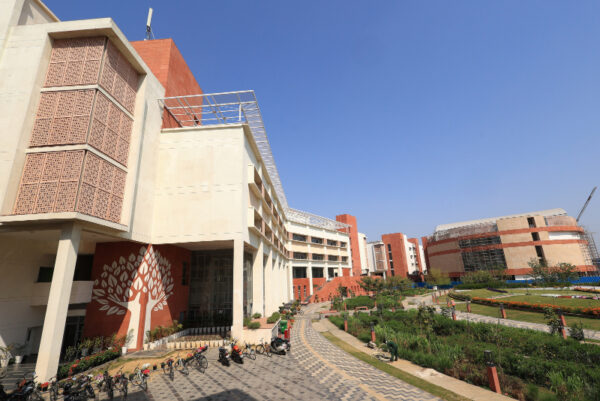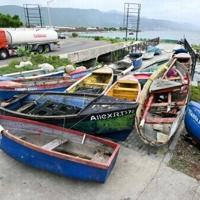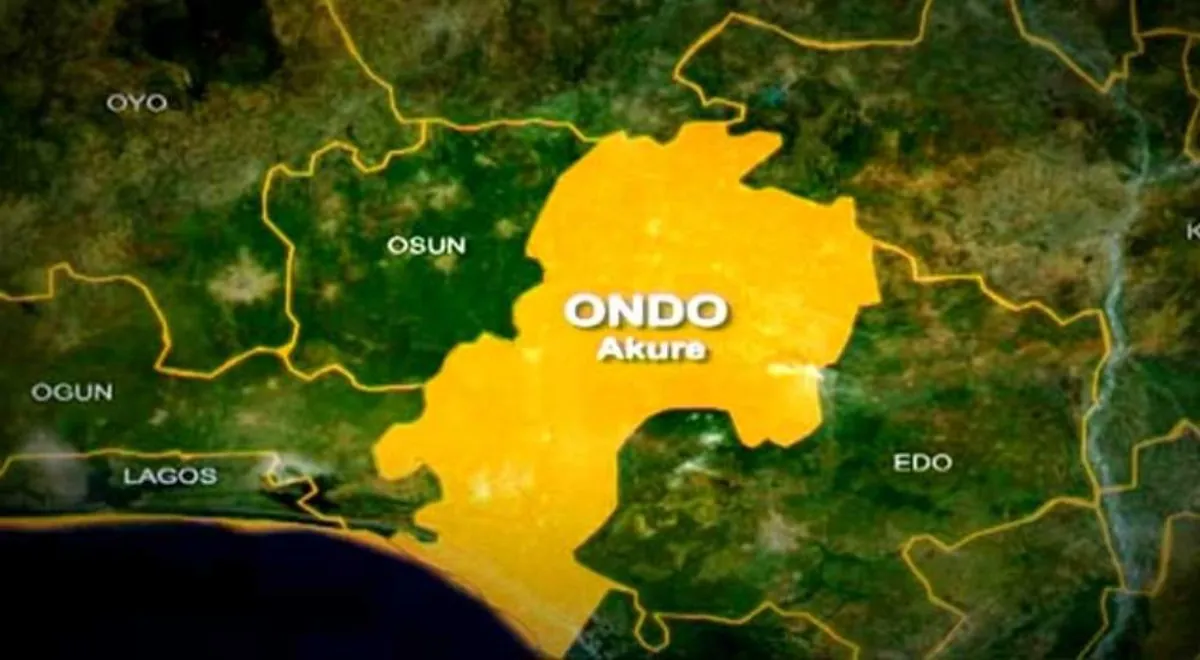Copyright thediplomat

The South Asian University, located in New Delhi, was in the news earlier this month for an alleged gang rape on campus. On October 12, an 18-year-old student of the university was allegedly sexually assaulted by four men, including a security staff employee of the university and three others. According to the Delhi Police, the woman had allegedly been receiving threatening messages and emails from anonymous numbers, warning her that they would morph her WhatsApp photograph and circulate it if she did not meet them. Alarmed by their threat, the woman did as she was directed and went to a construction site near the university’s convocation center at around 8 p.m. on October 12, where she was assaulted. As shocking as the sexual assault itself was the apathy of authorities. In addition to victim-blaming, hostel authorities tried to hush up the assault, and, in what was tampering with evidence, they told the woman to change her clothes and have a bath. They neither took the woman to a hospital nor did they go to the police immediately. It was her friends who called the police the next day, after which the victim was medically examined. While police state that over 100 people have been questioned, the four assailants have not been identified, and no arrests have been made to date. Protests erupted on campus and students have alleged an “institutional cover-up of the gang rape.” This is not the first time that such a disturbing incident has come to light at SAU. According to a post on X by “Students at the Faculty of Economics” who go by the name “Development Studies Group,” “multiple incidents of physical assault, stalking and harassment on campus” have occurred in the past year, and reporting to the university administration has been futile. Based in New Delhi, the South Asian University was set up as a joint initiative of the South Asian Association of Regional Cooperation (SAARC), a regional grouping that comprises India, Pakistan, Nepal, Bhutan, Afghanistan, Bangladesh, Sri Lanka, and the Maldives. The idea for a South Asian University was mooted at the 2005 SAARC summit in Dhaka by the then-Indian Prime Minister Manmohan Singh. SAU was envisaged as an international university and began with lofty aims of promoting South Asian regional cooperation. With New Delhi hosting the university, it was agreed that India would bear half the cost of running it, with the other stakeholders shouldering the rest. However, over the years, several neighbors, including Pakistan and the Maldives, have shown no interest in this joint initiative. Consequently, the university has faced financial challenges. But that is not the only problem with the university. The Hindu right-wing presence has grown on campus, with the administration being mute and benign spectators of their activities. This has led to the university becoming an authoritarian space where Hindutva norms are being imposed on students and dissent is crushed with a strong hand. In February, activists of the Akhil Bharatiya Vidyarthi Parishad (ABVP), the student wing of India’s ruling Hindu nationalist Bharatiya Janata Party (BJP), had ordered that meat and fish items not be served at the hostel mess on Maha Shivaratri, a Hindu festival. Clashes broke out over the issue and ABVP activists assaulted a woman mess secretary for resisting their orders. A Bangladeshi doctoral student, Sudipto Das, was subsequently expelled from the university in July for “indiscipline.” Das said that he intervened in the clash to prevent the woman from being assaulted and described his expulsion as “institutional harassment.” In 2022, protests erupted in SAU over the university’s slashing of students’ monthly stipends. When university authorities summoned police to disperse the protests and ordered the expulsion of several students, this was criticized by some faculty members. Among them was Snehashish Bhattacharya, an associate professor and internationally acclaimed economist. Accusing him of acting against the “interests of the university” and of “inciting students” to protest, the university suspended him in 2023. Last month, SAU formally terminated Bhattacharya’s service. Several teachers’ organizations have slammed the university for its “vindictive action” against him, calling it an attack on academic freedom and democratic values. In July 2024, Sri Lankan sociologist Sasanka Perera, a founding faculty member of SAU, was served a notice along with his student, as the latter’s thesis, which he had supervised, carried an interview with American academic Noam Chomsky that was critical of the Narendra Modi government. Perera and his student subsequently quit the university. The retributive action taken by university authorities against those who speak up has not gone unnoticed by students. They have now demanded assurances that there will be no reprisal against protesting students in the present sexual assault case. Moreover, they are now demanding student representation in the university complaints committee, as is the norm in other institutions. What was purported to be a world-class university has fallen prey to the retrograde right-wing Hindutva politics and policies that have afflicted most centrally funded higher education institutions in India. It is especially unfortunate that SAU, which was meant to be a hallmark of South Asian excellence and boasts of international faculty and students, has been afflicted.



